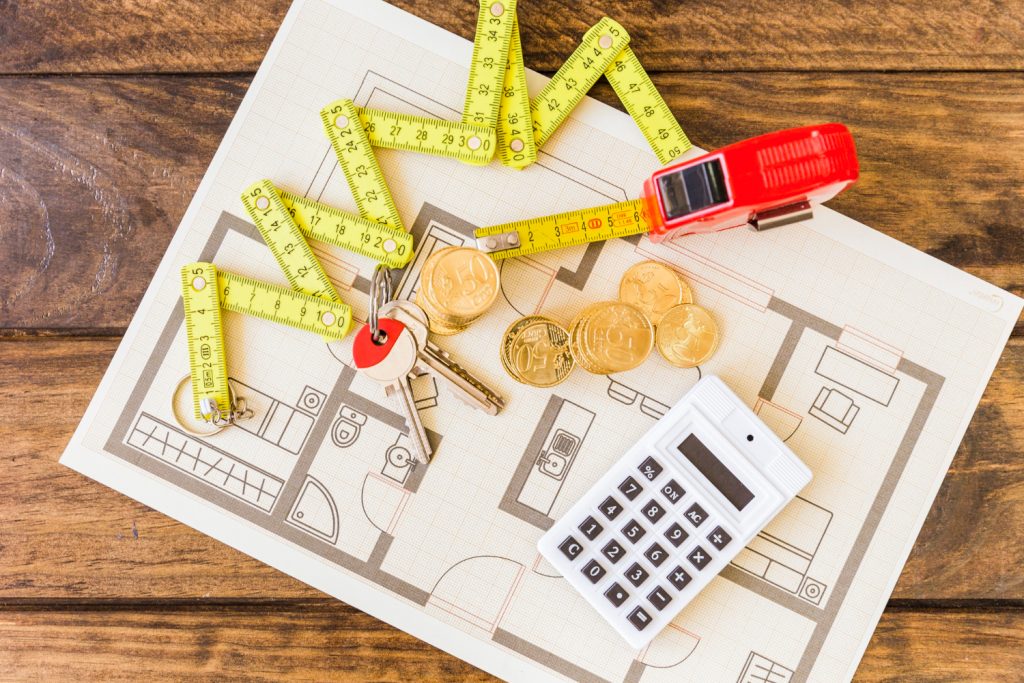The Complete Guide to Commercial Drywall Cost Estimation


Accurate cost estimation plays a crucial role in the success of commercial drywall projects. From choosing the right materials to managing labor costs, understanding the factors influencing overall expenses is essential. In this guide, we will delve into the critical aspects of commercial drywall cost estimators, providing you with a complete overview of the process and help in making better decisions.
Estimating a drywall project’s required materials and costs can be time-consuming and intricate, often prone to human errors. This is where “Remote Estimation” emerges as the best commercial drywall estimator. We are proud to present a cutting-edge service that revolutionizes the way commercial drywall projects are estimated. Our unique offering combines advanced technology with expert human insight, providing accurate, reliable, and lightning-fast estimates.
Factors Influencing Commercial Drywall Costs
- Type of Drywall Material
Different drywall materials are available, each with its costs and characteristics.
- Traditional gypsum drywall boards are widely used due to their affordability and versatility.
- Specialty drywall, such as impact-resistant or fire-rated variants, may come at a higher price point but offer enhanced performance and safety features.
- Project Size and Scope
The overall cost estimation of a commercial drywall project heavily relies on its size and complexity.
- Larger projects often require more materials and manpower, impacting the budget significantly.
- Complicated designs with intricate architectural features or irregular layouts may also increase costs due to additional labor and customization needs.
- Site Conditions and Preparations
The condition of the construction site and necessary preparations can affect cost estimation.
- Accessibility issues such as limited entry points or restrictions on equipment usage may require extra measures and, consequently higher expenses.
- Existing structures or materials that need to be removed or modified before drywall installation can add to the overall cost.
- Labor and Skills
Labor and Skills The quality of labor and the workers’ skills in the project holds considerable importance.
- Skilled drywall installers may charge higher rates, but their expertise can result in better craftsmanship and minimize the need for costly repairs or revisions.
- The prevailing labor market conditions and workforce availability also impact pricing, as areas with higher demand for drywall services often exhibit increased rates.
Estimating Drywall Quantities
- Measuring and Calculating Areas
- Accurate measurement of wall and ceiling areas is crucial for estimating drywall quantities.
- Various techniques, such as laser measuring tools or manual measurements using tape, can be employed to ensure precise calculations.
- Attention to detail is essential when measuring irregular areas or walls with unique shapes that may require additional cuts and adjustments.
- Accounting for Openings and Irregularities
Consider openings, such as doorways and windows, when estimating drywall quantities.
- Properly accounting for these openings is crucial to avoid shortages or excess material.
- Additionally, irregular-shaped areas, such as curved walls or angled ceilings, require careful evaluation to determine the necessary amount of drywall.
- Waste and Overage Factors
Waste factors must be considered during cost estimation to avoid underestimating material needs.
Estimating Material Costs
Estimating material costs for a drywall installation project involves considering various factors to ensure an efficient and successful outcome.
- Drywall Sheets
- Consider cost and project requirements when choosing drywall sheets.
- Standard sheets are cost-effective for most commercial applications.
- Specialized variants like moisture-resistant or soundproof drywall may be needed for specific projects.
- Joint Compound and Tape
- Joint compound and tape are crucial for a smooth drywall finish.
- Cost varies based on quality and performance.
- Accessories and Fasteners
- Essential accessories for proper drywall installation should be included in the cost estimation.
- Items like corner beads, screws, and anchors are necessary for structural integrity.
- Evaluate different accessory options based on project needs and cost-effectiveness.
Labor Costs and Contracts
- Types of Contracting Arrangements
- General Contractor: Subcontracts drywall work for managing multiple trades.
- Specialty Drywall Contractor: Direct engagement for focused expertise and cost control.
- Hourly Rates vs. Project Quotes
- Hourly Rates: Suitable for variable scopes and timelines, offering cost flexibility.
- Project Quotes: More accurate for well-defined projects, simplifies budgeting.
- Skilled Labor Rates
- Crucial for accurate labor cost estimation.
- Rates vary regionally based on demand and cost of living.
- Research local drywall trade associations for insights on prevailing rates.
- Overtime and Other Labor-Related Costs
- Factor overtime expenses into project budgeting for tight schedules or delays.
- Overtime rates lead to higher labor costs.
- Consider insurance and permits to comply with regulations and mitigate liabilities.
The Future of Commercial Drywall Estimation: Introducing Remote Estimation
In commercial construction, “Remote Estimation” stands tall as an invaluable partner for drywall estimating services. Our innovative service seamlessly blends cutting-edge technology with the expertise of our seasoned drywall estimation professionals. By choosing us, you opt for accuracy, speed, and convenience, enabling you to allocate your resources more efficiently and take confident strides toward completing your projects on time and within budget.

